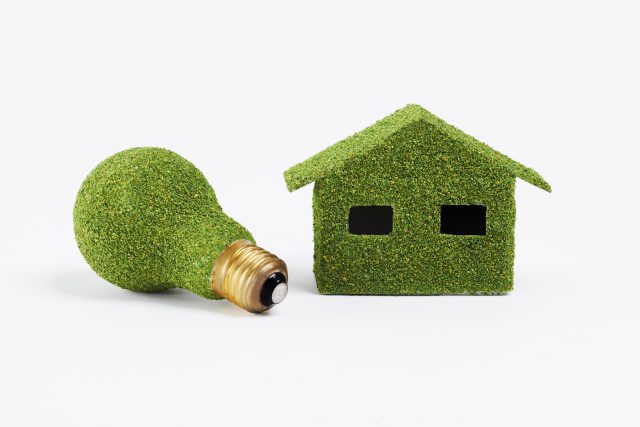Construction work under CFB Borden Energy Performance Contract (EPC) began in April 2022, and work is progressing on the implementation of several different energy efficiency measures, including:
- LED lighting retrofit for general application
- LED lighting retrofit for high bay
- Re-commissioning of systems and addition of automation points
- Hangar space heating optimization
- Central heating plant modernisation
In collaboration with Energere, leading Energy Service Company (ESCO) in Quebec, Real Property Operations is working hard to carry out this project, which will enable CFB Borden to achieve significant savings on its energy bill of an estimated $450,000 per year.
Implemented measures and challenges encountered
LED lighting retrofit for general application
LED lighting conversions began in April 2022, this measure aiming for the conversion in 89 buildings. By the end of September 2022, over 13,000 tubes have been replaced in more than 17 buildings on the base. To facilitate maintenance, Defence Construction Canada (DCC) and the Department of National Defence (DND) chose to systematically replace all ballasts with tubes.
One challenge encountered is the occupancy of the buildings in which the work is being carried out. Safety of the occupants and reducing disturbances caused by the work has been a top priority.
Central heating plant modernisation
October was a critical month for the modernization of the central heating plant. Initially planned during the summer, the work was postponed by one season due to budgetary limitations until the end of September and lasted three weeks. The teams were successful in completing the work in a tightened time frame, before the start of the heating season.
This measure alone will save more than $200,000 in annual energy costs and reduce greenhouse gas emissions at Borden by 1,823.5 tCO2 eq.
Hangar space heating optimization
Large fans for the hangar space heating optimization were delivered this summer and are scheduled for installation by the end of 2022. These fans will prevent heat from getting trapped near the ceilings of hangars, ensuring steady temperature in winter which will decrease energy consumption.







